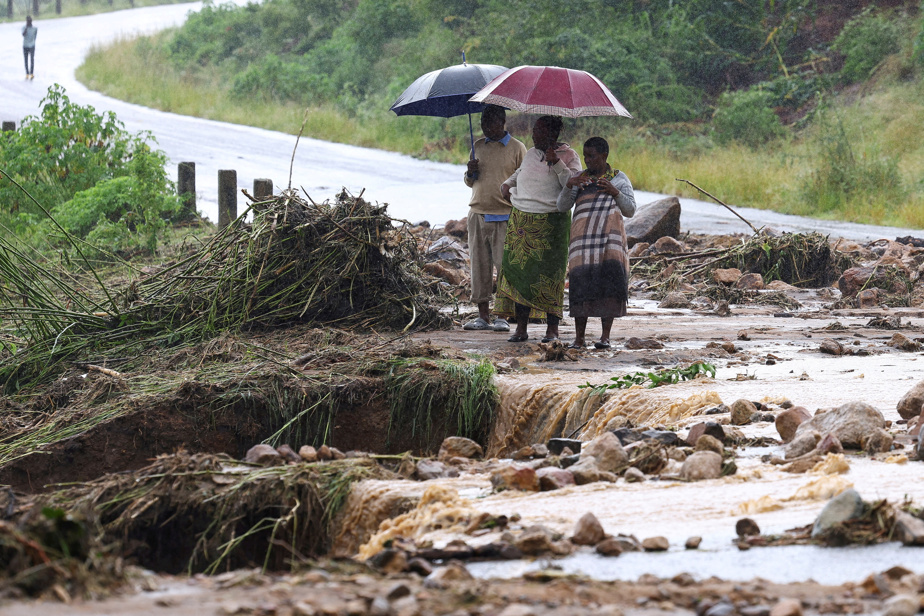(Lilongwe) Deadly Cyclone Freddy has left more than half a million people homeless in Malawi in its wake, according to the UN, which on Tuesday warned of an “explosion of humanitarian needs” in the impoverished African country southern.
Freddy, which dissipated last week after causing heavy flooding and massive landslides, killed at least 499 people in southern Malawi, the epicenter of the disaster, and more than 650 in total in southern Africa since the end of February, according to data collected by UN agencies.
“Nearly 508,250 people have been displaced and at least 499 killed” in Malawi, the International Organization for Migration (IOM) said in a statement, the cyclone having had “a devastating effect on […] almost half of the country” with a population of approximately 20 million.
At least 1,300 people were injured and more than 400 are still missing. Search and rescue operations continue and more than 500 emergency shelters have been opened.
“Those affected are in dire need of humanitarian assistance, with the most immediate needs being shelter, food, clean water, sanitation and hygiene, health and protection,” according to IOM. “The needs are increasing hour by hour.”
The authorities and NGOs fear in particular a worsening of the cholera epidemic. Malawi has been battling the country’s worst outbreak of the disease for more than a year, which has already claimed more than 1,700 lives.
On track to be ranked the longest cyclone on record, Freddy first hit Madagascar and Mozambique in late February before returning to the Indian Ocean. It had regained power from the warm waters and turned back, heading back to the mainland. Upon his return, he hit landlocked Malawi the hardest.
Phenomena linked to climate change are increasingly causing population displacements around the world, according to the IOM. Over the past decade, storms, floods and droughts have caused an average of 21.6 million internal displacements each year.











